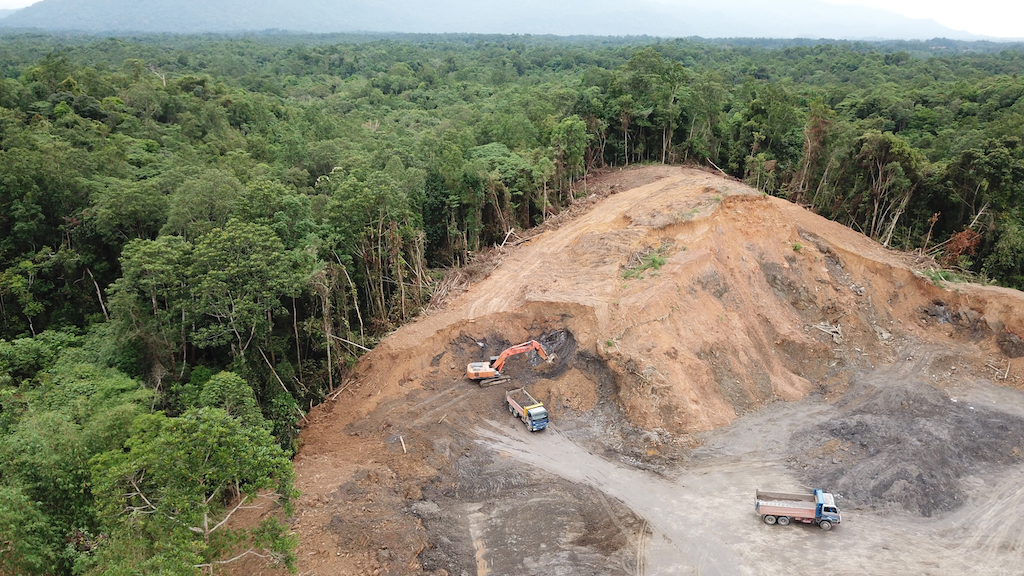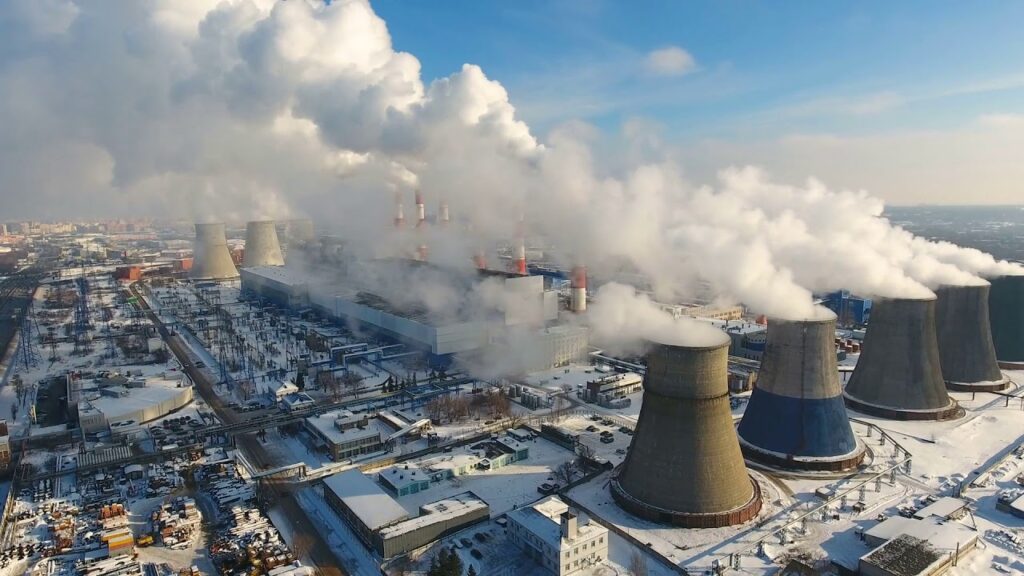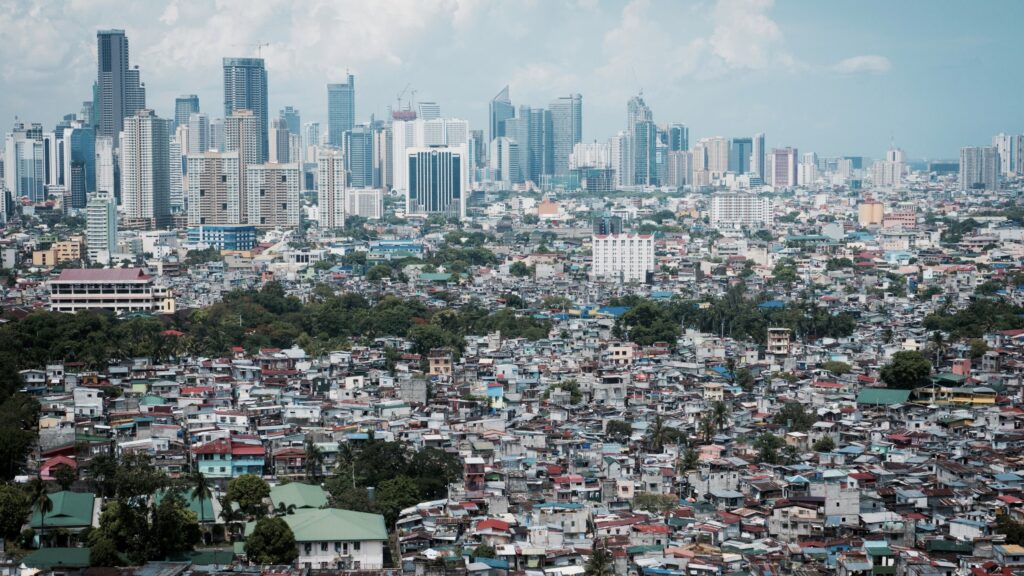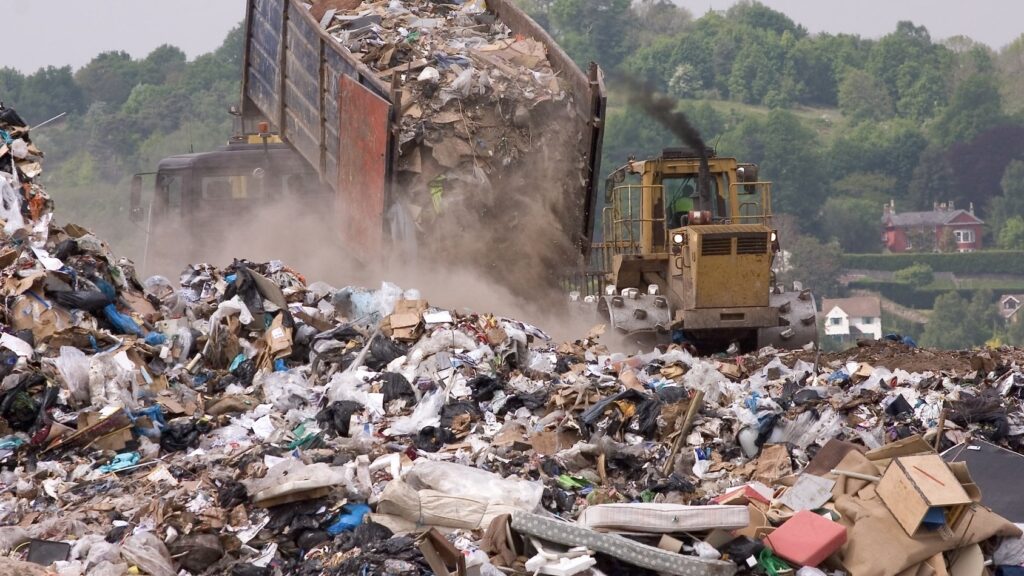THE CAUSE OF CLIMATE CHANGE
Climate change is driven by human activities like burning fossil fuels, deforestation, and industrial practices. Raising awareness is crucial for inspiring collective action to combat this global crisis.
"Research indicates that the primary driver of climate change is the enhanced greenhouse effect, a result of elevated concentrations of gases such as carbon dioxide (CO2), methane (CH4), and nitrous oxide (N20)."
Climate change represents one of the most urgent challenges facing our planet today, driven primarily by human activities that alter the natural balance of the Earth’s climate system. At its essence, climate change is caused by the increase in greenhouse gases in the atmosphere, which trap heat and lead to rising global temperatures.
Research indicates that the primary driver of climate change is the enhanced greenhouse effect, a result of elevated concentrations of gases such as carbon dioxide (CO2), methane (CH4), and nitrous oxide (N2O). According to the Intergovernmental Panel on Climate Change (IPCC), these gases are largely emitted through activities like burning fossil fuels for energy, deforestation, and various industrial processes. The accumulation of these gases in the atmosphere intensifies the natural greenhouse effect, leading to global warming.
A significant body of research, including studies published in journals such as “Nature” and “Science”, highlights how human activities disrupt the carbon cycle. For instance, forests and oceans act as critical carbon sinks, absorbing CO2 from the atmosphere. However, deforestation and ocean degradation reduce their capacity to sequester carbon, exacerbating the greenhouse effect. This imbalance not only contributes to rising temperatures but also impacts weather patterns, causing more frequent and severe weather events.
"Efforts to reduce greenhouse gas emissions, protect natural carbon sinks, and promote sustainable development are essential for mitigating the impacts of climate change and securing a stable climate for future generations."
Additionally, research from institutions like NASA and the World Meteorological Organization (WMO) demonstrates that urbanization and Increased energy consumption from a growing global population further compound the problem. As cities expand and demand for resources rises, emissions of greenhouse gases increase, contributing to the planet’s overall warming.
Addressing climate change requires a multi-faceted approach, incorporating findings from climate science to inform policy and action. Efforts to reduce greenhouse gas emissions, protect natural carbon sinks, and promote sustainable development are essential for mitigating the impacts of climate change and securing a stable climate for future generations.
THE FOLLOWINGS ARE THE FOUR MAIN CAUSES OF CLIMATE CHANGE
DEFORESTATION
Forests act as carbon sinks by absorbing CO2. Large-scale deforestation for agriculture, urban development, and logging reduces this capacity, leading to higher atmospheric CO2 levels. The loss of trees also disrupts ecosystems and accelerates the global warming process.
Image Credit: Creative Commons Attribution-SharelAlike 4.0


industrial and agricultural activities
Industrial and agriculture emit significant levels of greenhouse gases like methane and nitrous oxide. Livestock farming, fertiliser use, and industrial processes contribute heavily. These emissions intensity the greenhouse effect, further warming the planet and altering global weather patterns.
Image Credit: Creative Commons Attribution-ShareAlike 4.0
OVERPOPULATION AND URBANIZATION
Population growth leads to increased energy consumption, deforestation, and higher emissions from transportation, manufacturing, and housing. Rapid urbanisation also creates heat islands in cities, where temperatures are higher due to dense infrastructure and reduced vegetation, worsening global warming.
Image Credit: Creative Commons Attribution-SharelAlike 4.0


WASTE AND LANDFILLS
Waste disposal, especially in landfills, releases significant amounts of methane, a potent greenhouse gas. Poor waste management practices, including excessive plastic use and inefficient recycling, further contribute to emissions and environmental degradation, exacerbating global warming and climate change.
Image Credit: Creative Commons Attribution-SharelAlike 4.0
References
1. Intergovernmental Panel on Climate Change (IPCC), 2021. Climate Change 2021: The Physical Science Basis. Cambridge University Press. Available at:
https://www.ipcc.ch/report/ar6/wg1/
2. Nature, 2020. Special Issue on Climate Change. Nature. Available at:
https://www.nature.com/collections/gdtrcrsfcs
3. Science, 2019. Climate Change and Its Impacts. Science. Available at:
https://www.sciencemag.org/collections/climate-change
4. NASA, 2021. Climate Change and Global Warming. National Aeronautics and Space Administration. Available at:
https://climate.nasa.gov/
5. World Meteorological Organization (WMO), 2021. The State of the Global Climate 2021. WMO. Available at
https://public.wmo.int/en/resources/state-of-global-climate